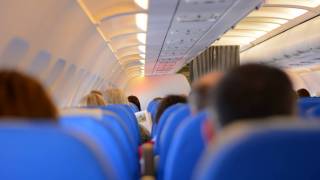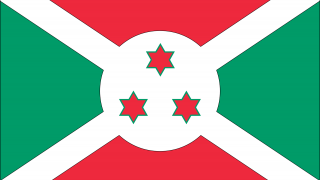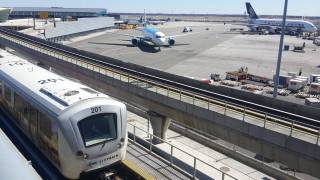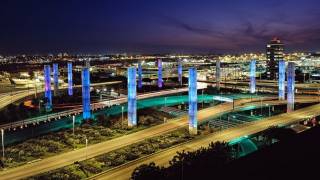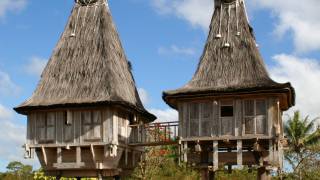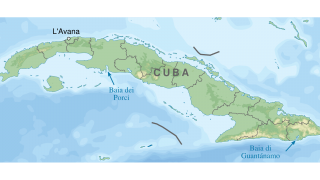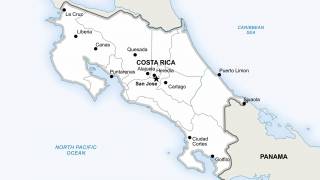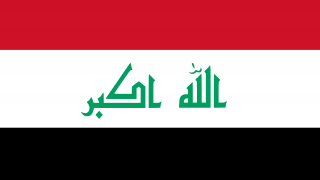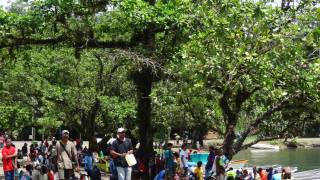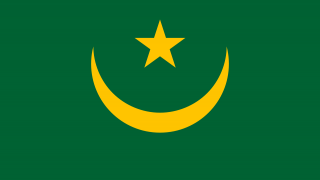Central African Republic Level 4 Travel Advisory Updated

The U.S. Department of State issued an update to its ‘Do Not Travel’ Advisory for the Central African Republic (CAR) due to extensive civil unrest.
As of December 12, 2019, the State Department’s Level 4 Travel Advisory says ‘Large areas of the CAR are controlled by groups fighting for control of territory. They regularly commit serious crimes.’
And, local authorities may close airports, land borders, and roads with little or no notice. U.S. government employees must obtain special authorization to travel outside of Bangui in the Central African Republic, said the State Department.
Furthermore, the U.S. government staff is subject to a curfew and has extremely limited ability to provide emergency services to U.S. citizens in the CAR due to the lack of permanent consular presence.
If you decide to travel to Central African Republic, the State Department offers these suggestions:
- Have evacuation plans that do not rely on U.S. government assistance.
- Make contingency plans to leave the country.
- Draft a will and designate appropriate insurance beneficiaries and/or power of attorney.
- Discuss a plan with loved ones regarding care/custody of children, pets, property, belongings, non-liquid assets (collections, artwork, etc.), funeral wishes, etc.
- Share important documents, login information, and points of contact with loved ones so that they can manage your affairs if you are unable to return as planned to the United States.
- Establish your own personal security plan in coordination with your employer or host organization, or consider consulting with a professional security organization. Your plan should include sheltering in place, maintaining outside communication, and a personal evacuation plan via commercial means.
- Develop a communication plan with family and/or your employer or host organization.
- Be sure to appoint one family member to serve as the point of contact with hostage-takers, media, U.S. and host country government agencies, and Members of Congress, if you are taken hostage or detained.
- Establish a proof of life protocol with your loved ones, so that if you are taken hostage, your loved ones can know specific questions (and answers) to ask the hostage-takers to be sure that you are alive (and to rule out a hoax).
- Leave DNA samples with your medical provider in case it is necessary for your family to access them.
- Erase any sensitive photos, comments, or other materials from your social media pages, cameras, laptops, and other electronic devices that could be considered controversial or provocative by local groups.
- Leave your expensive/sentimental belongings behind.
- Avoid demonstrations and crowds.
- Enroll in the State Department's Smart Traveler Enrollment Program.
Recently, the Government of Canada updated its Avoid all travel to the Central African Republic advisory on November 25, 2019. This advisory is related to ‘unstable security conditions.’
Previously, the UK Foreign and Commonwealth Office (FCO) advised on August 21, 2019, against all but essential travel to central Bangui, between the airport and the Oubangui river. The FCO advise against all travel to the rest of Bangui and the CAR.
The FOC says, ‘British nationals who remain or visit against our advice should be aware that the FCO is not able to organize or assist your evacuation from the CAR.’
The CAR is bordered by Chad to the north, Sudan to the northeast, South Sudan to the east, the Republic of the Congo to the southwest, Cameroon to the west, and the Democratic Republic of the Congo (DRC) to the south.
After gaining independence from France in 1960, the CAR now has a population of about 4.6 million people and welcomes very few international visitors each year.
As of 2019, according to the Human Development Index, the CAR had the 2nd lowest level of human development, ranking 188th out of 189 countries.
From a health-risk perspective, the US Centers for Disease Control and Prevention (CDC) included the CAR in the December 11, 2019, polio outbreak alert. The CDC recommends that all travelers to the CAR be vaccinated fully against polio.
And, the CAR was included in the CDC’s measles virus alert issued in June 2019, and the visitors may be subject to yellow fever vaccination requirements.
Furthermore, the CAR’s neighbor is the Democratic Republic of Congo, which has been confronted with an extensive Ebola Zaire virus outbreak since August 2018.
Travel advisory news published by Vax-Before-Travel.
Our Trust Standards: Medical Advisory Committee







